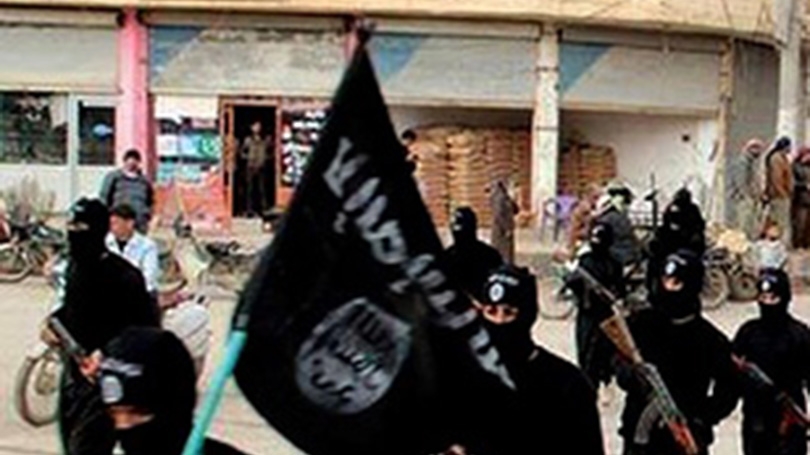
- About
- Programs
- Student Opportunities
- For Faculty
- News & Events
Back to Top Nav
Back to Top Nav
Back to Top Nav
Back to Top Nav
Back to Top Nav
In interviews with several major news organizations, Dickey Center Director Daniel Benjamin questioned the rhetoric of the media and some politicians and members of President Obama's administration regarding the threat posed by the terrorist group the Islamic State in Iraq and Syria (ISIS) to the U.S. homeland.
In the September 10th New York Times Benjamin noted, "It’s hard to imagine a better indication of the ability of elected officials and TV talking heads to spin the public into a panic, with claims that the nation is honeycombed with sleeper cells, that operatives are streaming across the border into Texas or that the group will soon be spraying Ebola virus on mass transit systems — all on the basis of no corroborated information."
On Sunday, September 14, in an interview on ABC News' This Week, Benjamin further noted, "I do think the threat has been exaggerated a bit domestically. I think it's important to remember that we have spent billions and billions of dollars improving our intelligence collection and our homeland security capability since 9/11, and I think that we can deal with the threat. I think it's also important to remember that in 2003 and after, we had a fair number of foreign fighters, not as many as we have now, going into Iraq, going into Afghanistan, and while it's important to worry about them and to guard against them coming home and causing trouble, we did not have a serious foreign fighter problem at home after a major war in Iraq and a major war in Afghanistan."
Also on Sunday, September 14, interviewed on CNN's Reliable Sources, Benjamin questioned the media's portrayal of the debate on the ISIS threat observing, "The argument that it’s not that titanic a threat is not really a great sell on the airwaves, so we've had competing talking heads who have been trying to top each other with outrageous scenarios. And I'm afraid that this is the way the market goes in reporting on terrorism all too often."